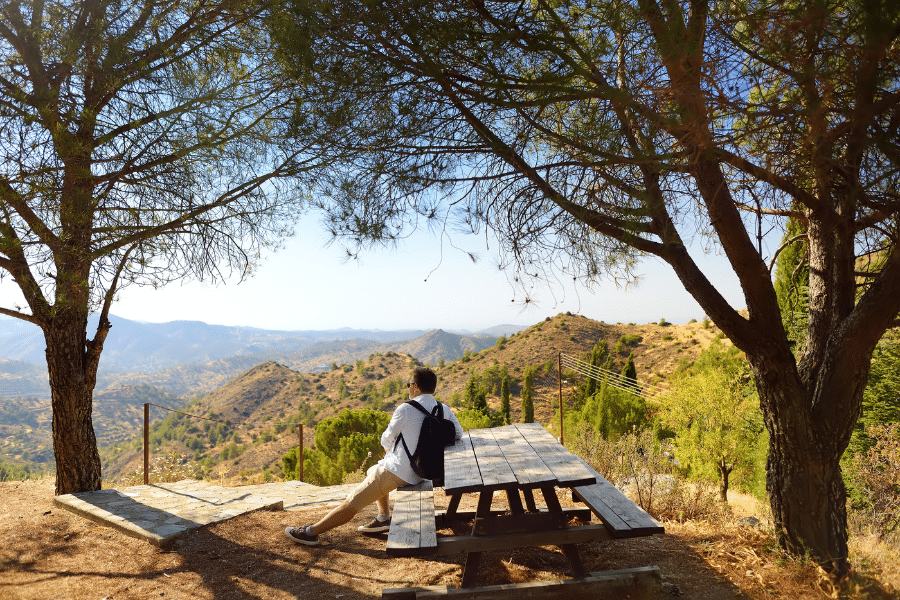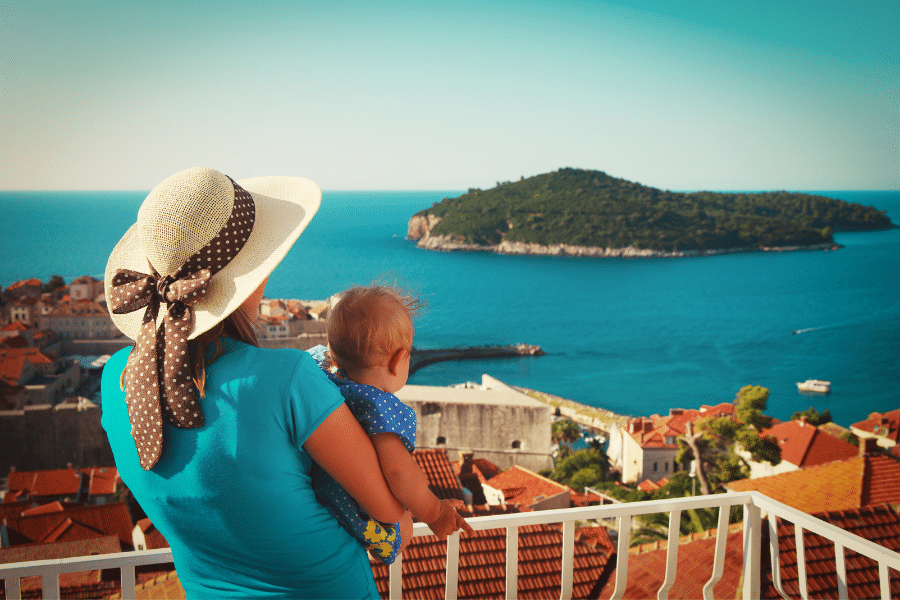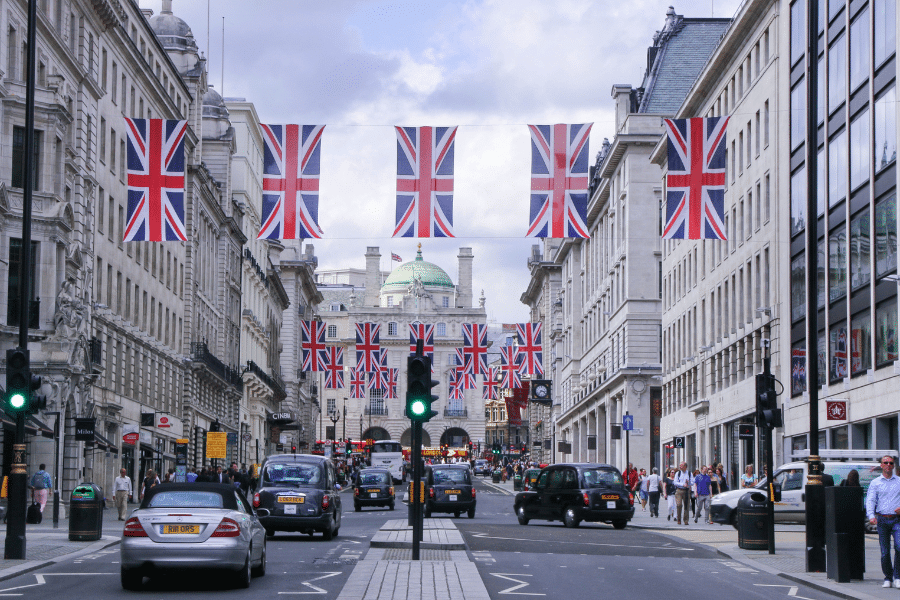Do you have moments when you feel that you are a different person now that you live in a different country? You will not be alone if you answered yes!
Many people describe moving to another country and living in a different culture as a transforming experience. There is the opportunity for self-discovery and many also undergo a period of personal growth.
The better you know yourself, the more implications for your life choices as you will understand more about how living in a new culture changes you and the life you want to live.
In this article we show how living in a different culture impacts one’s sense of self and identity. We offer insights on successfully navigating these changes.
The Identity Shift: Why Living in a Different Culture Changes You
Our identity is shaped by our environment. We are who we are because of our culture and the type of work we do. We are shaped by our relationships and our social interactions. These factors are the cornerstones of our everyday lives. They do change when we move abroad and live in a different culture.

Suddenly moving abroad, you will be faced with a new language to master and local social interactions may be very different from those at home. The way you greet people may also be different as well as the sense of humor. Unfortunately, it can sometimes be too easy to offend someone.
Suddenly, you have been pulled out of your comfort zone and are being exposed to new cultural values, social norms and a completely different way of viewing life. You could well end up feeling insecure and confused as your whole identity is being questioned. This is a very common feeling and a natural response to the situation.
How Cultural Adaptation Impacts Identity
When you are in an unfamiliar place and living in a different culture it can be tough as the place will not feel like home. With no family members around or friends, this exacerbates the feeling of being an outsider. Some feel under pressure to hastily form a few friendship group but this will take time.
If you try and make friends too speedily, it can go wrong and the friendship proves meaningless. It is far better to accept that how you feel is totally normal and to positively work on the following points:
-
Embracing New Values and Beliefs
Living in a different culture exposes people to new values, traditions and social behaviors, which may influence their own belief systems. By encountering a different way of life, you could well find yourself re-evaluating your previously held values and perspectives.
For me for example, living in a rural community in Cyprus was certainly a big contrast to town life in the UK. I found that local life was measured by the passing seasons and everyone was far more in tune with how to deal with the weather as houses had no central heating. I learned how to be incredibly thrifty by not wasting any food and by foraging for wild mushrooms, asparagus and capers.

Life in rural France is also different as there is greater formality in social interactions. For example, it is considered impolite not to greet people as you pass them in the street and the title Monsieur or Madame is always used when asking questions in local shops and offices.
It is a question of moderation and successfully balancing old and new beliefs. As you settle into your new home, there will be aspects of the new culture that you will want to embrace, but you will still want to be true to yourself and not discard many of your own core beliefs. This is important as you will be respected for this.
No matter how well you speak the language and integrate in the community, people will recognise that you are from a different country. They will expect some differences in your beliefs and also appreciate that you have embraced some of theirs.
-
Shifts in Social Roles and Relationships
I did not think about this before moving abroad. Different cultures have their own unique ways of handling friendships, family relationships and social situations at work. For example, some cultures encourage open and direct communication between friends, while others focus more on subtlety and being able to read between the lines.
In families, there can be big cultural differences too. Some cultures like Greek families, are very close-knit, greatly respect their older family members and sort out family problems behind closed doors. While in other cultures, families are more far-flung and independent with family members all being equal. In some workplaces, social relationships are formal and distant, while in other workplaces there are casual interactions and collaboration is highly valued.

It is important to understand these differences when living in a different culture so that you can connect better and it will help you to avoid misunderstandings. As your understanding grows, you will find that there will be a natural shift in how you perceive your role in these different social situations.
-
Language and Self-Expression
As you develop your speaking and understanding of the new language, this will have a huge impact on how you express yourself and how others perceive your identity. You may well feel it strange and ‘out of character’ to be speaking a different language, but it will bring many rewards as it bridges the gap between you and those around you.
Be brave and start talking as soon as you can! Work colleagues and neighbors will really appreciate your efforts and really will not mind if your grammar is flawed. They will relax more in your company as they were probably feeling equally as anxious about how they would communicate with you.
Learning a new language is one of the most important ways living in a new culture changes you, but it is definitely for the better, as you will feel far more confident about navigating everyday life. I always ensure that I know how to say I am sorry because I know only too well there are numerous occasions when I don’t get things quite right. I have also found that if you apologise humbly with a warm smile it definitely eases the situation.
-
The Journey of Self-Discovery Abroad
A. Personal Growth Through Cultural Exposure
Viewing life from new perspectives fosters personal growth. Learning from new friends and colleagues about their different viewpoints will definitely broaden your understanding of your own viewpoint and may even prompt you to question it.
As you adapt to new cultural norms in a new environment, you will find that this leads to heightened self-awareness. It is common for people experiencing a new culture to reflect on their values and long-held social norms and to compare them to the local culture.
B. Navigating Identity Crisis or Confusion
When you have moved to a new country, there seems so much to learn and adapt to that it is not uncommon to feel disconnected from your home culture and all you hold dear.
You may well feel that you have a crisis of identity and this can be very disconcerting. This is a totally normal experience when you are trying to adapt to a new culture. It is important not to put yourself under unnecessary pressure as these feelings will ease as you adapt to the norms of the new culture.
Practical Tips for Navigating Identity Changes Abroad
-
Embrace Cultural Learning
The first step is to learn as much as you can about the new culture. Before you arrive in your new country, read as much as you can about the country and its traditions. Once you have unpacked your boxes, you can begin to actively learn more about the local culture. This will help you adapt rather than challenge your own identity.
Interestingly, the culture differences between two countries can be bigger than expected. This is true for European and those within South America.
Visiting local museums and attending cultural events are both great ways to learn. So is trying your hand at making local dishes. If you are trying to learn the local language, a great way is to listen to children talking. Reading children’s books works well too!
Why not sign up for an activity in the village hall? I was very brave and some months ago and I found I was the only English speaker in the yoga class of 12 French ladies! It is great way to learn about local restaurants, events and which shops have the bargains. To me, cultural adaptation as a great learning experience. It isn’t one-way as they are fascinated by my culture too.
-
Maintain Ties with Your Home Culture
It is important to stay connected with your home culture as it will be evolving too. Practice the traditions and language of your home country through your family and friends. This will ensure that you stay connected to your home country. There are many examples of people who have not done so. They have found that when they do go back home that they feel like a stranger in their own country.

When you are settling into life in your new country, remain proud of your background. Making new local friends both from your host country and other countries is really rewarding. Each of you will be integrating aspects of your different cultures into your new life abroad.
-
Build a Support Network
It is comforting to hear your native language. Especially as you try to juggle with all the new social changes. Find some fellow expats and meet up with them. This will be fun and they will certainly have plenty of tips and stories about adjusting to the local norms.
It can be equally equally good to make the most of meeting someone from your new culture. They will be able to guide you and give you invaluable insights into navigating local life.
-
Practice Self-Reflection and Mindfulness
This phase in your life can be unsettling as you try to understand and define the ‘new’ you. It is a very common phase and -for most a very positive one. You learn about the new culture and may question your own values and believes.
It can be very soothing to keep a journal detailing the different challenges and your feelings about them. Mindfulness exercises will also help you navigate this period in your life successfully and will give you the opportunity to reflect on the ways you are experiencing personal growth.
Remember, your identity is not fixed. Over time it will evolve and change – especially when you have successfully immersed yourself in a very different culture.

